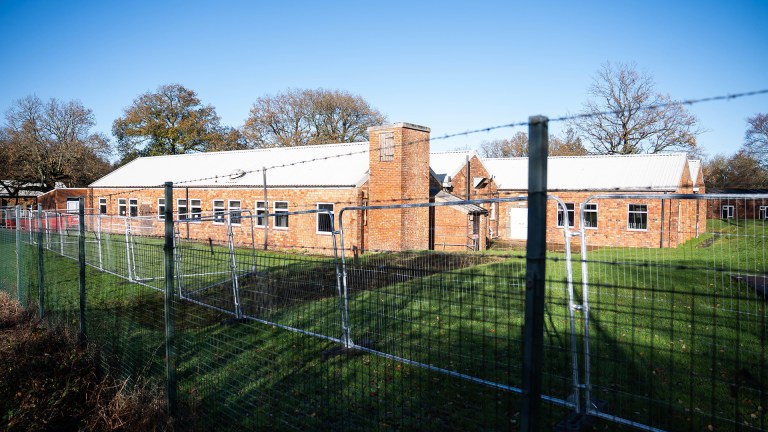When my bed broke after only three months, I thought it would be a small inconvenience. But weeks went by, and I realised I couldn’t afford to replace it. What should have been a simple problem became a daily struggle that affected every part of my life.
Parenting on little sleep is tough. You are more irritable, less patient and constantly exhausted. My child noticed the difference, too. Instead of having the energy to sit and chat, or play together after school, I found myself snapping, withdrawing, or just too tired to be present. A broken bed is not just about discomfort at night — it is about how a parent shows up during the day, and the knock-on effect on the whole family’s wellbeing.
We often think of poverty as being about numbers: income levels, benefit rates, or employment statistics. But for families like mine, it’s the basics that tell the true story. When a fridge breaks down, you can’t store food safely. When the cooker stops working, meals become more expensive and less healthy. When a bed collapses, rest disappears. These are everyday essentials, yet without them, stability is lost.
Read more:
- Two-child benefit cap is ‘punishing’ working families, Labour warned ahead of child poverty strategy
- This ‘life-changing’ project is transforming the bedrooms of children living in poverty
- Everyone thinks pensioners are rich. But I’m forced to choose between heating and eating
This is why I chose to speak about my experience when I was invited to present on child poverty to Scotland’s first minister, John Swinney, and the cabinet secretary for social justice, Shirley-Anne Somerville. Sharing something so ordinary, yet so important, helped to make the conversation real.
I linked my story to Scotland’s Tackling Child Poverty Delivery Plan, which is built around four themes: work and opportunities; cost of living and income; whole family support; and children and young people’s future. For me, my broken bed most clearly connects to whole family support.





